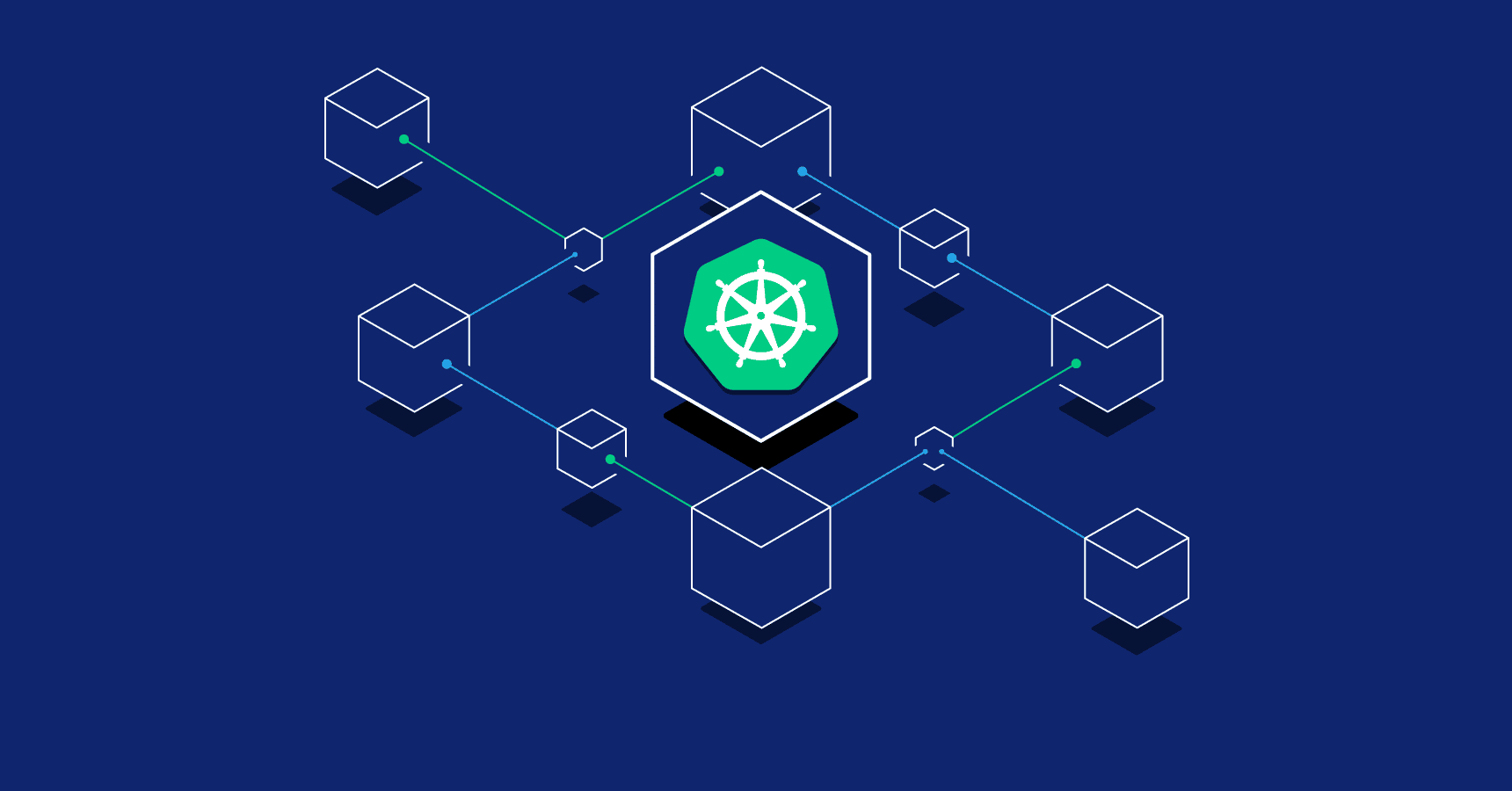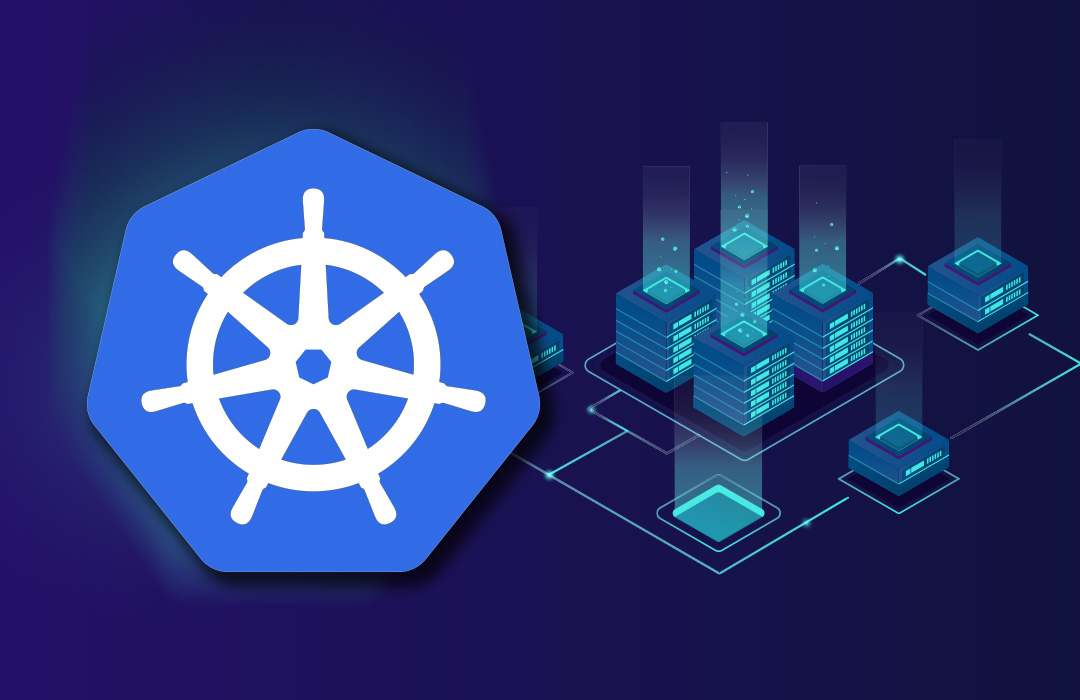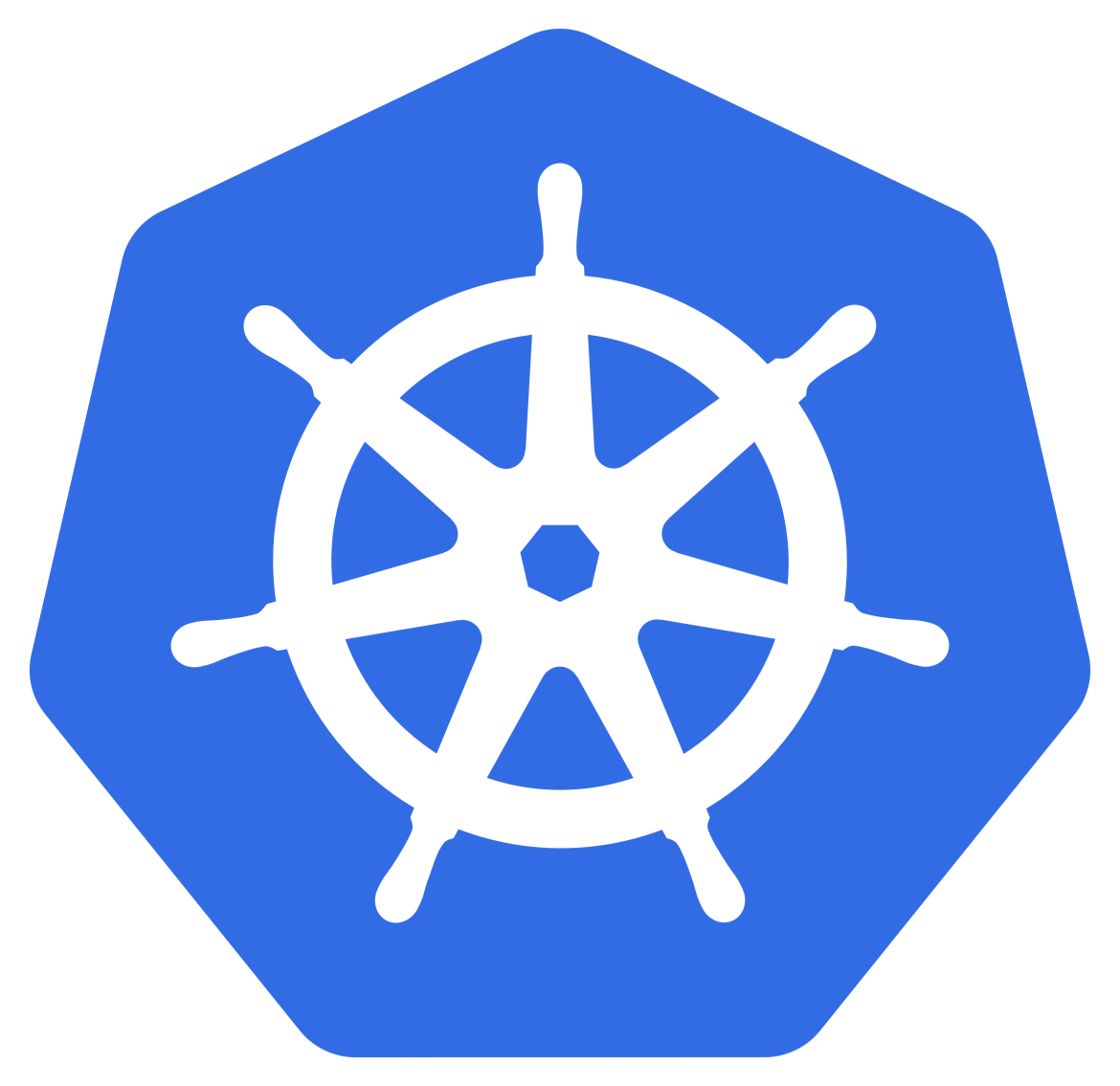
Transforming Operations: Maximizing Efficiency with Kubernetes
Avrut solutions is a leading Kubernetes development company catering a wide gamut of business segments from startups to enterprises.
Book nowKubernetes Service We offer
Kubernetes, often abbreviated as K8s, is an open-source container orchestration platform designed to automate the deployment, scaling, and management of containerized applications. Originally developed by Google and later donated to the Cloud Native Computing Foundation (CNCF), Kubernetes has become a de facto standard for container orchestration in the cloud-native ecosystem.

Container Orchestration
Kubernetes provides a framework for automating the deployment, scaling, and management of containerized applications. It abstracts the underlying infrastructure, allowing developers to focus on application development.
Container Abstraction
Kubernetes abstracts containers, making it agnostic to the containerization technology used. It supports popular container runtimes like Docker, containerd, and others, providing flexibility and compatibility.
Cluster Management
Applications in Kubernetes are deployed and managed in clusters. A cluster consists of a set of nodes (physical or virtual machines) that host containerized applications. Kubernetes automates the distribution of containers across these nodes.
Pods
The basic unit of deployment in Kubernetes is a Pod. A Pod represents the smallest deployable unit that can contain one or more tightly coupled containers. Containers within the same Pod share the same network namespace and storage volumes.
Services and Networking
Kubernetes provides networking capabilities for communication between containers within the same Pod and across different Pods. Services abstract the networking details, allowing applications to discover and communicate with each other.
Scaling
Kubernetes enables both horizontal and vertical scaling of applications. Horizontal scaling involves adjusting the number of replicas of a Pod, while vertical scaling involves modifying the resources allocated to a Pod.
Kubernetes has become a de facto standard for container orchestration in the cloud-native ecosystem.

• Microservices Architecture
Kubernetes is well-suited for deploying and managing microservices-based applications.
• Continuous Integration/Continuous Deployment (CI/CD)
Kubernetes integrates seamlessly with CI/CD pipelines, automating the deployment and scaling of applications.
• Scalable and Resilient Applications
Kubernetes provides tools for horizontal scaling, ensuring applications can handle varying workloads and recover from failures.
• Hybrid and Multi-Cloud Deployments
Kubernetes supports deployment across on-premises, public cloud, and multi-cloud environments, providing flexibility and portability.
01
At the beginning, developers familiarize themselves with Kubernetes, understanding its principles and how it facilitates containerization. They identify the project's requirements and evaluate its suitability for Kubernetes implementation.
02
Developers craft Kubernetesfiles, specifying the steps to build a Kubernetes image. This includes defining the base image, adding dependencies, configuring environment variables, and setting up the application's runtime environment.
03
The Kubernetes image is constructed based on the Kubernetesfile. This process involves pulling necessary dependencies, installing packages, and configuring the application. The resulting image is a self-contained unit ready for deployment.
04
The application is containerized using the previously created Kubernetes image. This encapsulates the application and its dependencies, ensuring consistency and portability across different environments.
05
Kubernetes Compose is employed to manage multi-container applications. Developers define services, networks, and volumes in a Kubernetes-compose.yml file, enabling orchestrated deployment of interconnected containers.
06
Integration testing is performed in a Kubernetesized environment to ensure seamless communication between containers. Developers identify and address any issues related to container orchestration and interaction.
07
Kubernetes is integrated into the CI/CD pipeline, automating the testing and deployment processes. Continuous integration ensures that changes are tested in Kubernetes containers, and continuous deployment facilitates efficient and reliable releases.
Contact us
Get In Touch
Please inform us about your project, and we'll get back to you as soon as possible.
